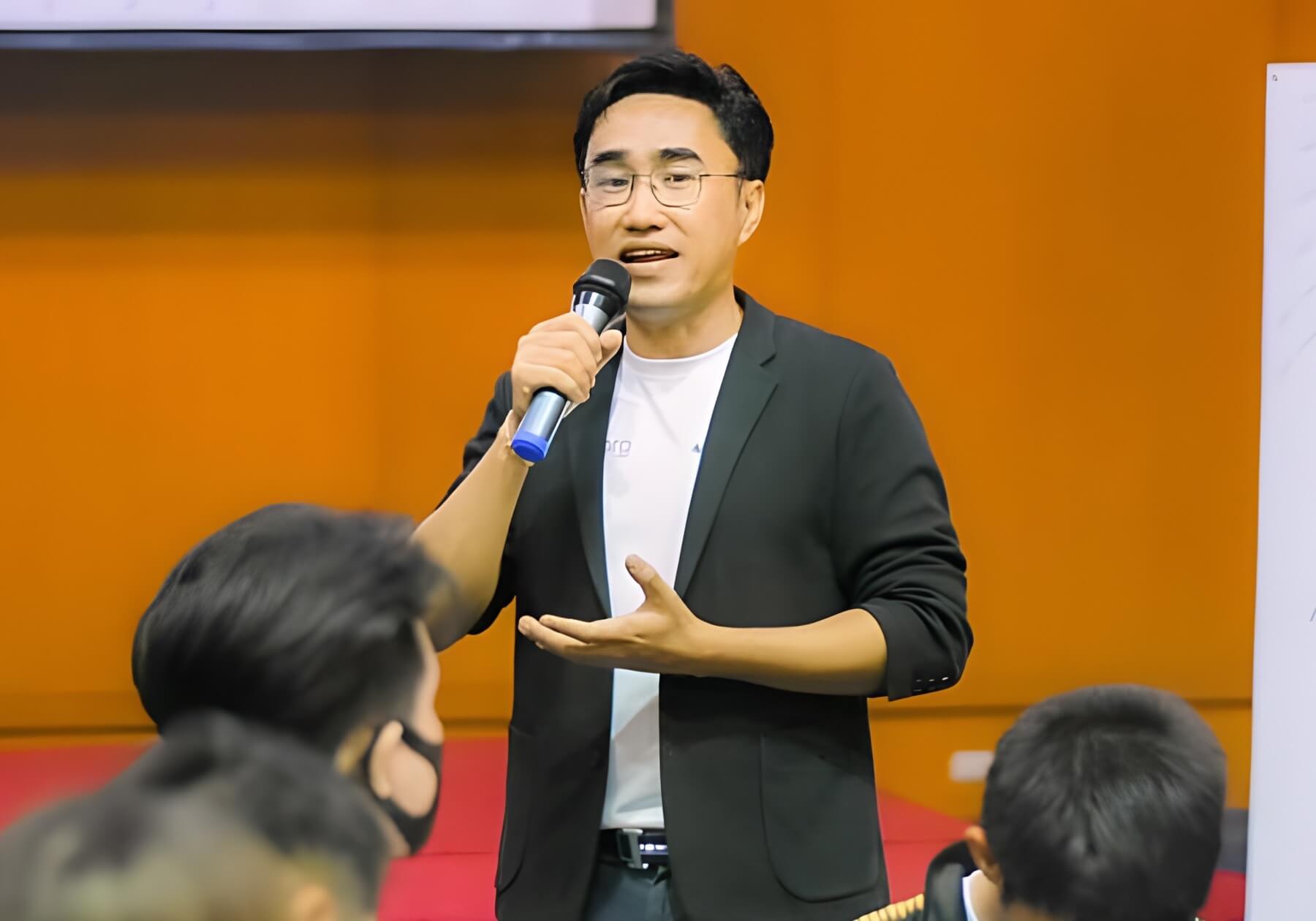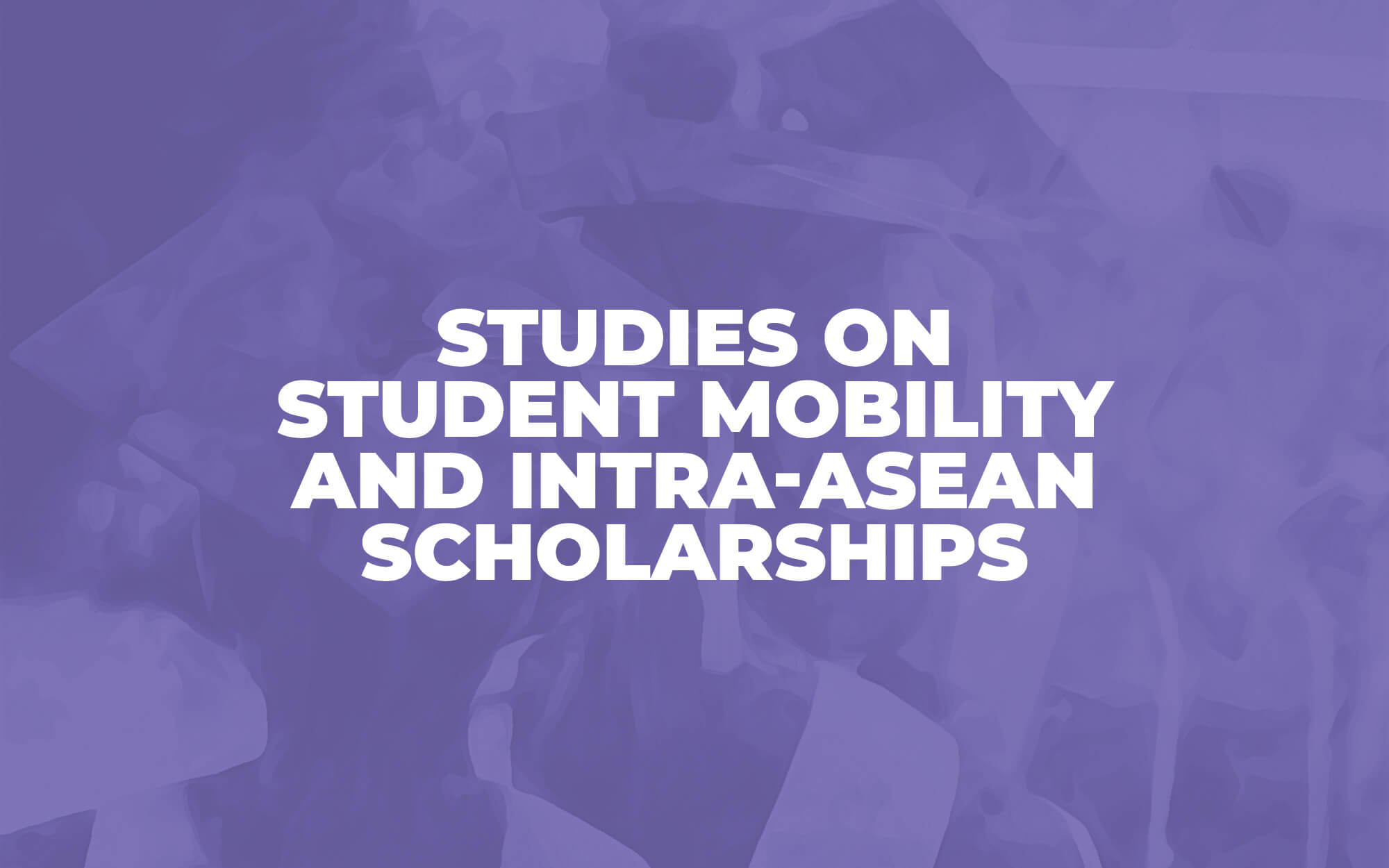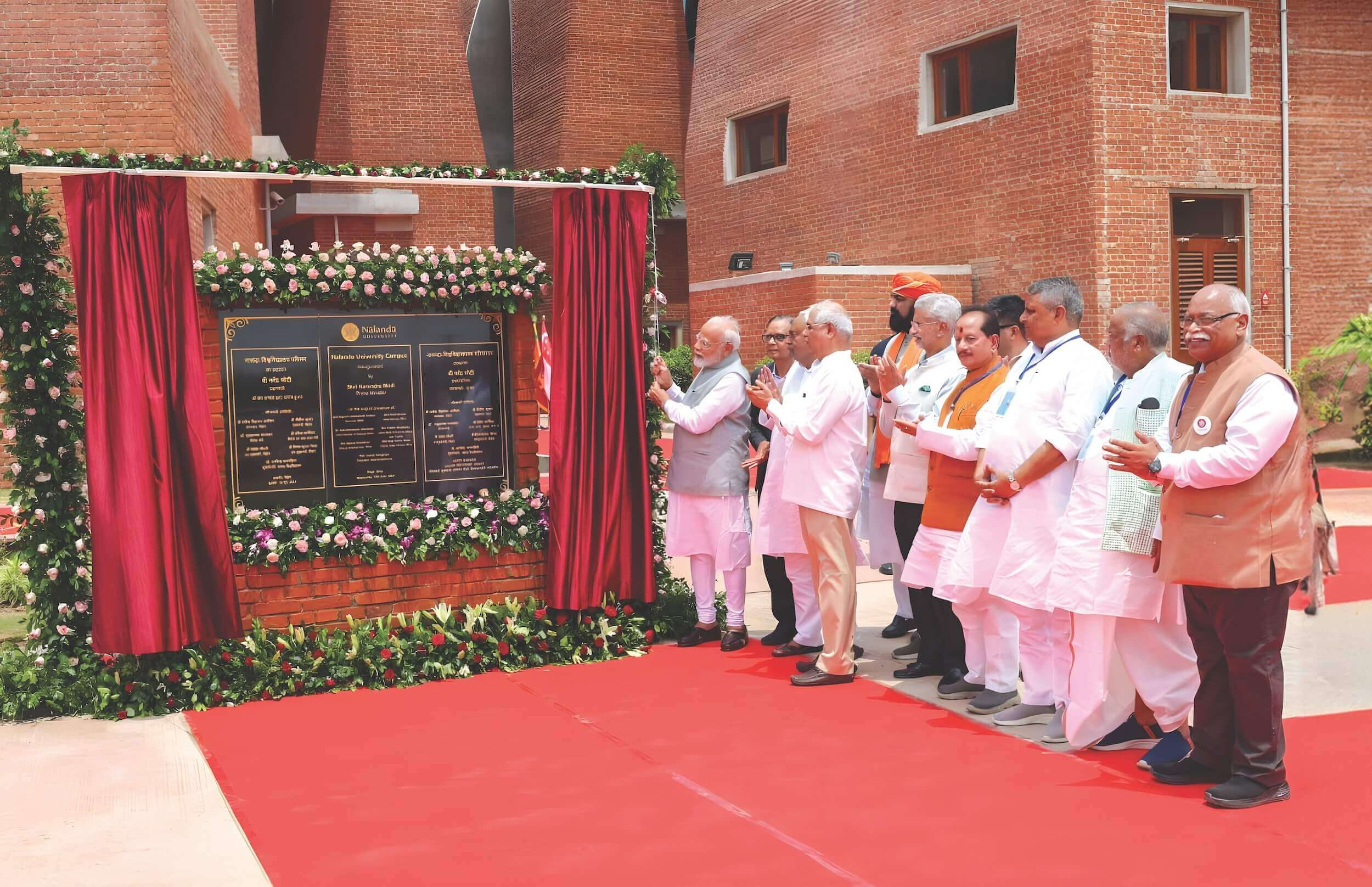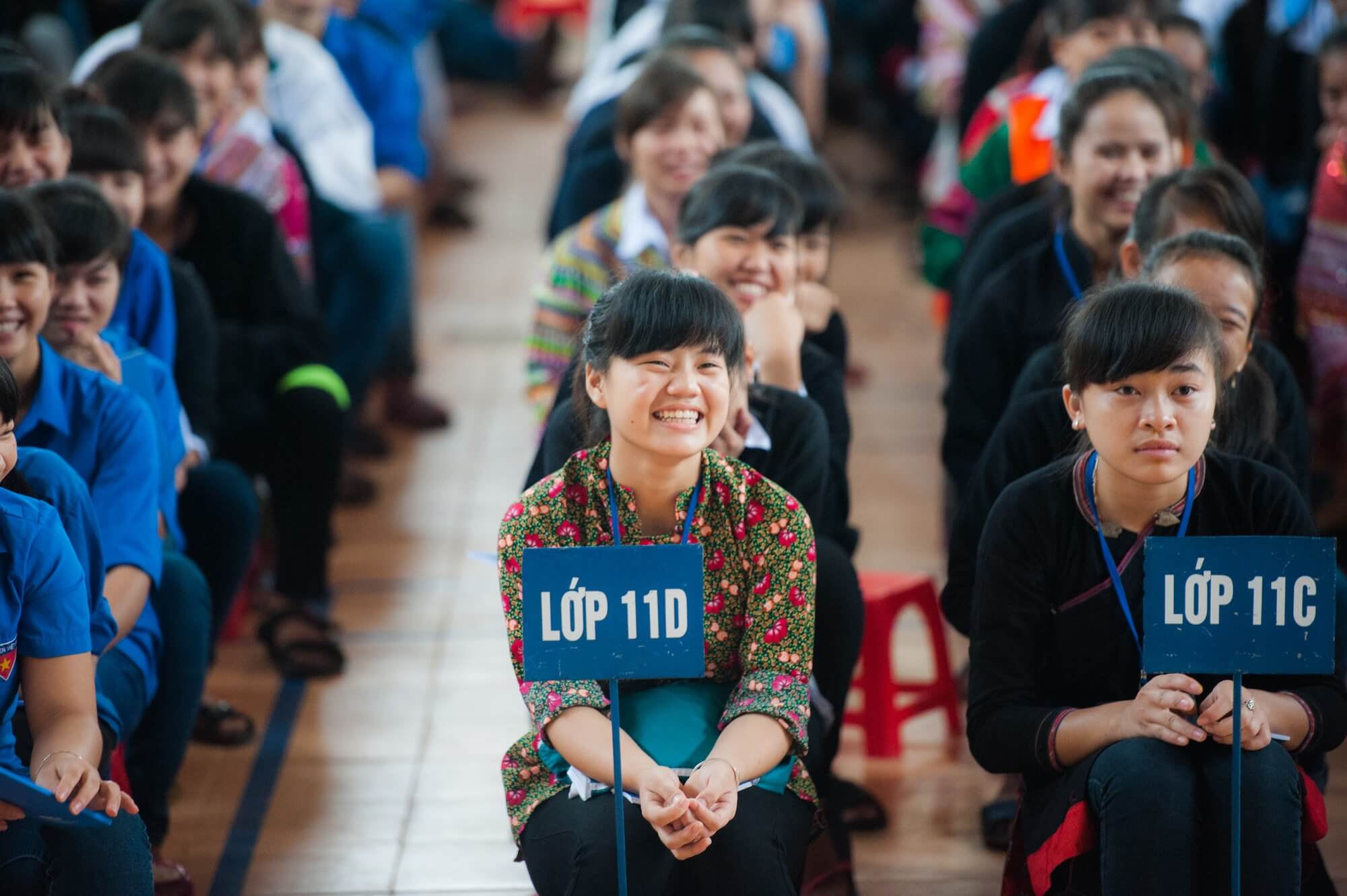



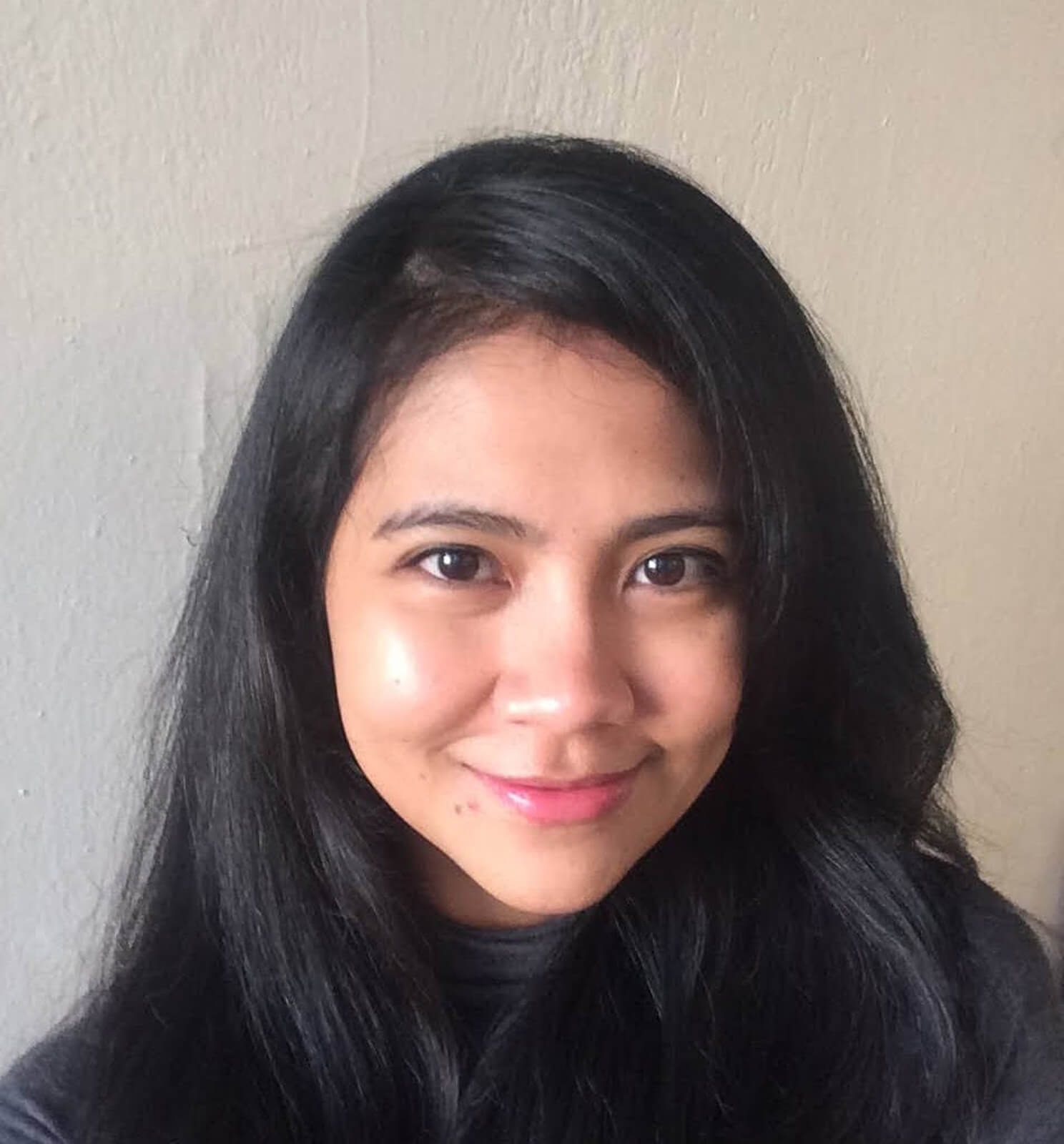
Minh Trang Ngo
Executive Director, Vietnet-ICT
Thirty-eight-year-old Minh Trang Ngo holds a particular fondness for her hometown, Hanoi, with its rich history, varied cuisine, and lively nightlife. The city’s unique mix of the old and new—traditional and modern elements—never ceases to captivate her. So, returning to Hanoi after earning her Master’s in Entrepreneurship from Business School Strasbourg in France felt like the right choice for her.
Minh Trang pursued different government and private roles a few years after her return. Yet, she hadn’t found a job that resonated with her until late 2010, when she decided to volunteer at Vietnet Information Technology and Communication Centre (Vietnet-ICT), founded in 2007.
As Vietnet-ICT’s first full-time employee, Minh Trang was initially in charge of a small donor-funded project. Her skills and foresight quickly led her to establish lasting partnerships with major technology companies like Microsoft, Meta, Google, and IBM. Her career progressed steadily, leading to her appointment as Executive Director in 2018.
During its two-year involvement with the ASEAN Digital Literacy Programme (2021-2023), Vietnet-ICT exceeded its targets, training 224 Master Trainers against 115 proposed and 64,535 beneficiaries over the proposed 14,000. It also extended the training to 30 provinces from the initially proposed 4.
“Over 16 years, Vietnet-ICT faced numerous challenges but grew significantly. A notable achievement was during the COVID-19 pandemic when the need for digital technology surged due to lockdowns and social distancing. We adapted quickly, creating online training programmes, communication campaigns, and multimedia content tailored to various audiences. In 2020, we taught digital literacy and safety skills to over 150,000 people from diverse communities in Viet Nam.
“Working in technology, which evolves rapidly, poses continuous learning challenges. Attracting professional IT resources is difficult due to low NGO salaries. However, we have built a network of advisors and experts in related fields.
“As Viet Nam advances with its National Digital Transformation programme, digital literacy becomes increasingly important. Vietnet-ICT’s role is crucial in ensuring no one is left behind in this transformation. We focus on strengthening digital capabilities in marginalised communities.
“Our involvement with the ASEAN Digital Literacy Programme began with discussions with the ASEAN Foundation. The lack of comprehensive training programmes to combat misinformation in Viet Nam, especially during the COVID-19 pandemic, motivated us to participate. We aimed to address this gap and contribute to a regional effort.
“We exceeded our target in the ASEAN Digital Literacy Programme by responding to the community’s needs and collaborating with local partners like the Department of Training and Education in Vinh Phuc and Lam Dong Provinces. We also empowered master trainers and created online communities for continuous learning.
“The challenge of misinformation in Viet Nam is significant. Despite high internet usage, digital literacy levels are low. Our survey on digital literacy among the young and elderly in low-income areas revealed a need for formal training to identify misinformation.
“Our future goals for the ASEAN Digital Literacy Programme and Vietnet- ICT involve expanding reach and influence, deepening collaborations, and introducing innovative initiatives. We aim to be at the forefront of digital literacy and technology developments, driving positive change in the ASEAN region and Viet Nam.”
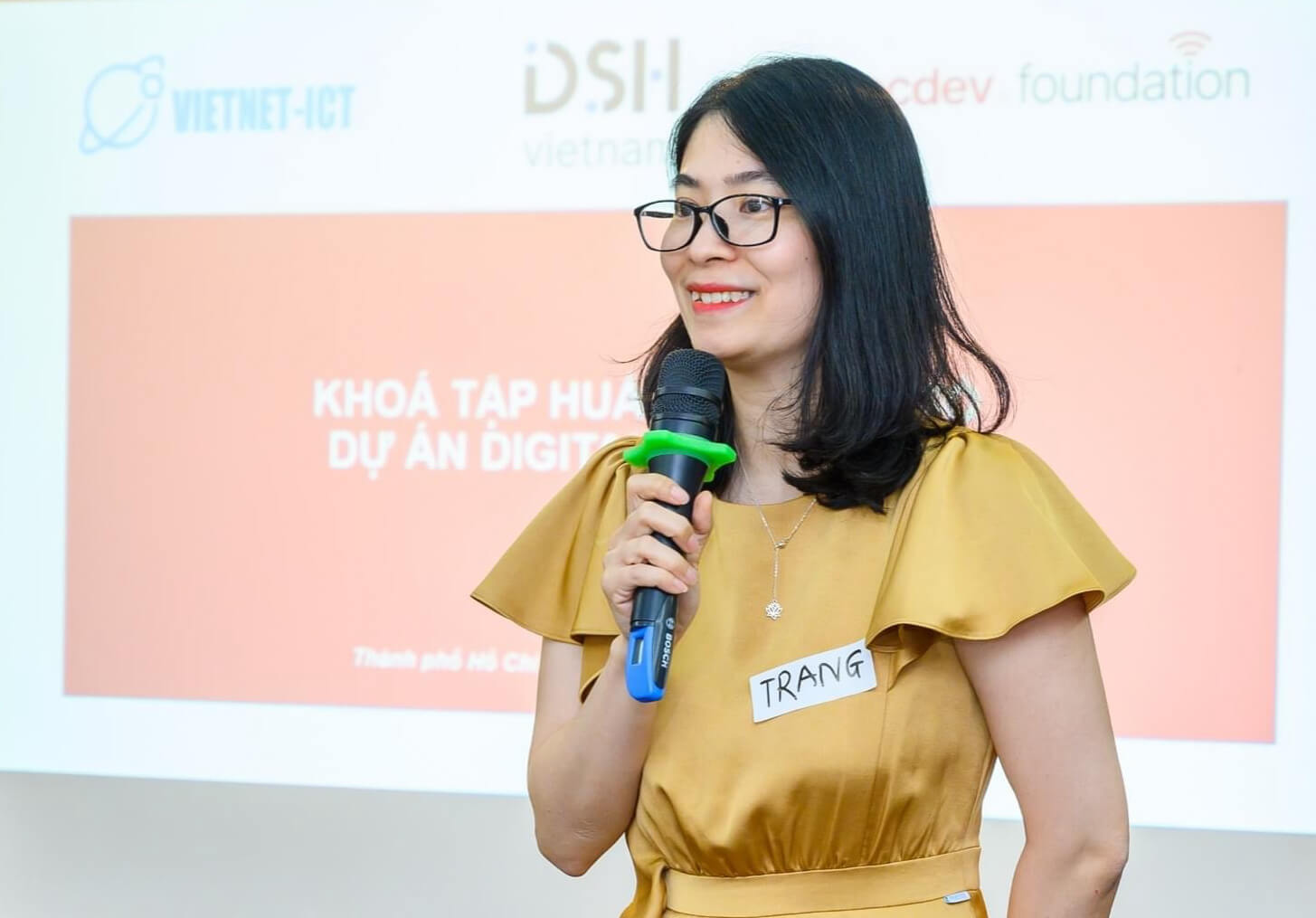
Htet Thiri Shwe
Founder, Myanmar Youth Empowerment Opportunities (MYEO)
One thing Htet Thiri Shwe (32) noticed after studying in Hong Kong was the striking contrast in resources available to students compared to Myanmar. This comparison has opened her eyes and shaped her perspective on education, emphasising the importance of experiential learning.
In 2013, she founded Myanmar Youth Empowerment Opportunities (MYEO). This period was significant as it coincided with the opening of internet access in Myanmar. Htet saw it as an opportunity and a gateway to knowledge.
“In 2013, we had the internet, but that was the first transitional period that we had. At that time, Myanmar really felt cut off from information. MYEO’s aim was to be that friend who tells you about opportunities, acting as an information hub in the early days of Myanmar’s digital era.
“However, the introduction of the internet came with its challenges, such as misinformation and propaganda. We aimed to use this new tool to empower people positively. By 2016, it became clear that while bridging the information gap was important, addressing the skills gap was crucial, too. We noticed a deficiency in fundamental skills, especially in the youth from lower socioeconomic backgrounds across ASEAN.
“In response, we transformed MYEO into a training hub, focusing on empowering young people to use the internet more effectively, beyond just social media. Our courses, primarily online, aimed to reach even the most remote areas of Myanmar. We believed in equitable access to information and skills, and technology was the key to achieving this.
“By 2017, we had launched our 21st-century skills series online. Our courses were designed to be accessible, focusing on essential digital skills and media literacy. We also realised that our mission extended beyond MYEO to the wider community. Our approach combined technology with community spaces, creating a network of empowered youth.
“My personal journey from student to social entrepreneur wasn’t straightforward. After completing my studies in economics and finance, I returned to Myanmar in 2016. Before MYEO became a formal entity in 2019, I balanced it with other jobs, fueling it as a passion project on weekends. Our initial lack of funds meant we had to keep our courses affordable, aligning with our belief that these skills should be accessible to all.
“The turning point came in 2019 with a grant from Facebook’s Community Leadership Programme. This funding allowed us to grow MYEO, transitioning from a volunteer-driven initiative to a full-time team of 30. We’ve since expanded our offerings, focusing on digital literacy and leadership, training community leaders who, in turn, empower others.
“Looking back, I see my decision to return to Myanmar and focus on MYEO as a choice driven by my belief in the power of education and experiential learning. Our mission is to unlock human potential in an equitable manner, not just in Myanmar but across ASEAN. We face unique challenges in our context, but I believe that with the right approach, these are not insurmountable.
“For the ASEAN Digital Literacy Programme, I think the materials and curriculum are solid and highly distributable. I also really liked the event in Bali; it was excellent, bringing practitioners to the ground level. Our master trainer was there. She is from Kuching state, and having her there was very valuable.”

Bounheng Southichak
Founder, Lao Youth Radio
Sitting in front of a black and white television, watching his favourite shows—animē and traditional Thai dramas—the young Bounheng Southichak could not have imagined himself founding an entertainment and education media outlet later in life. Forty-seven-year-old Bounheng grew up amidst lush greenery and rice fields, inspiring him to pursue a career in environmental engineering. Now, he has established his own environmental consulting company. Driven by a desire to contribute to his community, especially the youth, Bounheng later founded a radio and online media platform for young people and the young-at-heart in the Lao PDR.
“Lao Youth Radio, initiated in 2015 in collaboration with the Lao Youth Union, has evolved into more than just a radio station. It’s now a comprehensive online media outlet, a hub for media training, and an event organiser, all energised by the youth of the Lao PDR. Our approach, ‘Edutainment,’ combines educational content with music and entertainment. We connect with the community through informative radio broadcasts, collaborations with various organisations, and events focusing on social issues such as the environment, gender equality, and technology.
“Recalling the numerous training sessions on media skills and literacy, it’s gratifying to see our trainees utilise their skills in their personal and professional lives. Many have become skilled MCs, videographers, YouTubers, and content creators, with some joining Lao Youth Radio.
“Adapting to a rapidly changing media landscape and catering to shorter attention spans has been challenging. We overcome this by engaging with young people, understanding their needs, and involving them in the development and implementation of new ideas. Collaborating with experts in various fields has also been crucial.
“My engagement with the ASEAN Digital Literacy Programme began with my admiration for the ASEAN Foundation. When an opportunity arose to implement a Digital Literacy Programme in the Lao PDR, I applied without hesitation. Addressing the widespread issue of misinformation and disinformation in our society is crucial, and I believe training master trainers to educate others would be impactful.
“Misinformation and disinformation are growing concerns in the Lao PDR, especially among the underprivileged youth and elderly. With the increase in digital media, the spread of false information is a significant risk. It’s essential for everyone, including governments, media organisations, and tech companies, to promote media literacy and address this issue.
“My future vision involves more collaboration and support from the ASEAN Digital Literacy Programme and other partners to enhance digital literacy in the Lao PDR, focusing on youth and the elderly in the provinces. The goal is to provide participants with the tools and knowledge to navigate digital media safely, effectively, and responsibly, ultimately contributing positively to their communities and society. Digital literacy is not just a skill but a vital civic responsibility. By equipping ourselves with the necessary knowledge and skills to use digital media safely and responsibly, we can become active and positive contributors to our communities, society, and the wider region.”
